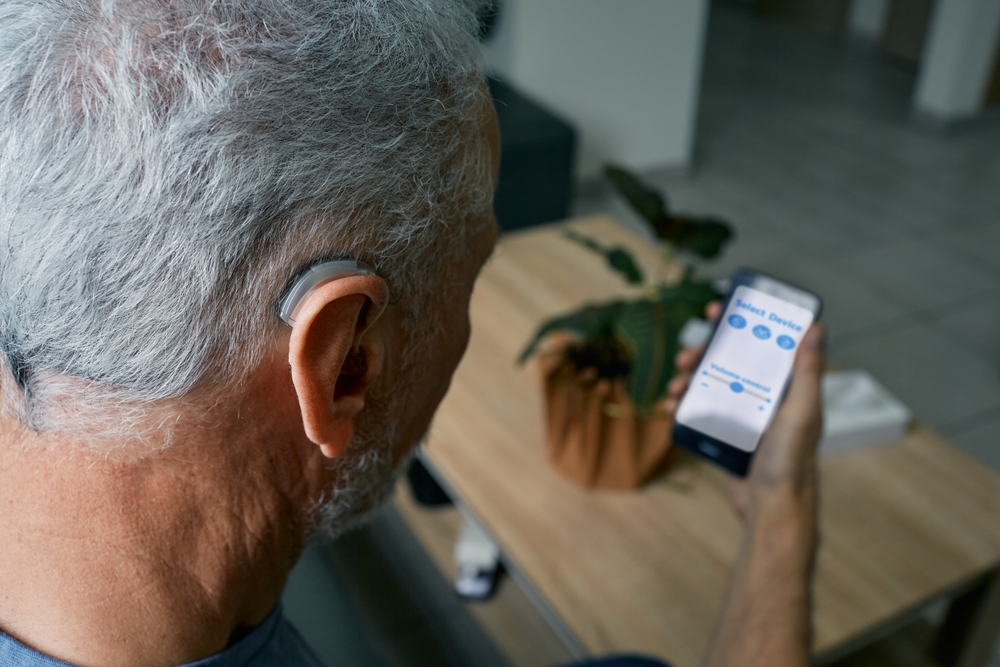As with many other medical conditions, one of the first things people think about when they learn they need a hearing aid is how they’re going to pay for it.
While there are cheaper models on the market, a quality hearing aid makes all the difference when it comes to not only improving your hearing, but also helping to insure that your hearing loss doesn’t become permanent.
There are several ways you can find help paying for your hearing aid and batteries, and start on the road to improving your quality of life.
Veteran’s Benefits
If your hearing loss is due to your military service or connected to a medical condition treated by the VA, your costs may be covered. If your hearing deteriorates to the point that it interferes with your daily activities, you may be eligible for a device through the VA.
Nonprofit Organizations
Several nonprofits run programs to help with hearing aids, and some go so far as to recycle hearing aids to reduce costs. If you are having trouble paying for your hearing aid, consult with your doctor or do an internet research to identify nonprofit organizations that work in your area, such as the the Starkey Hearing Foundation or Sertoma.
Health Savings and Health Reimbursement Accounts
You can use the money in your accumulated health saving account (HSA) to cover the costs of batteries and hearing aids, and this may be a good investment as better hearing can stave off other conditions such as heart disease and depression. If you are employed, ask your human resources department if your employer-funded health reimbursement account (HRA) covers the costs of your hearing aid.
Flexible Spending Accounts
One of the benefits of contributing to a flexible spending account is that you are prepared for issues like hearing loss that aren’t otherwise covered. You can have the costs of your hearing aid and batteries reimbursed through your account.
Existing Insurance
While many insurance plans do not cover the cost of hearing aids, this varies by the type of insurance you have and the state you live in. Medicare does not cover the cost of hearing aids, but Medicaid sometime does, depending on your state’s requirements. If you get your insurance through an Affordable Care Act exchange, you may also be covered depending on where you live. Rhode Island, Arkansas and New Hampshire require that private insurers at least partially cover hearing aids for adults.
Hearing aids and batteries can be expensive, but make up for their costs by improving your quality of life. Be sure to explore all the possibilities before you decide you cannot afford to take this important step.

